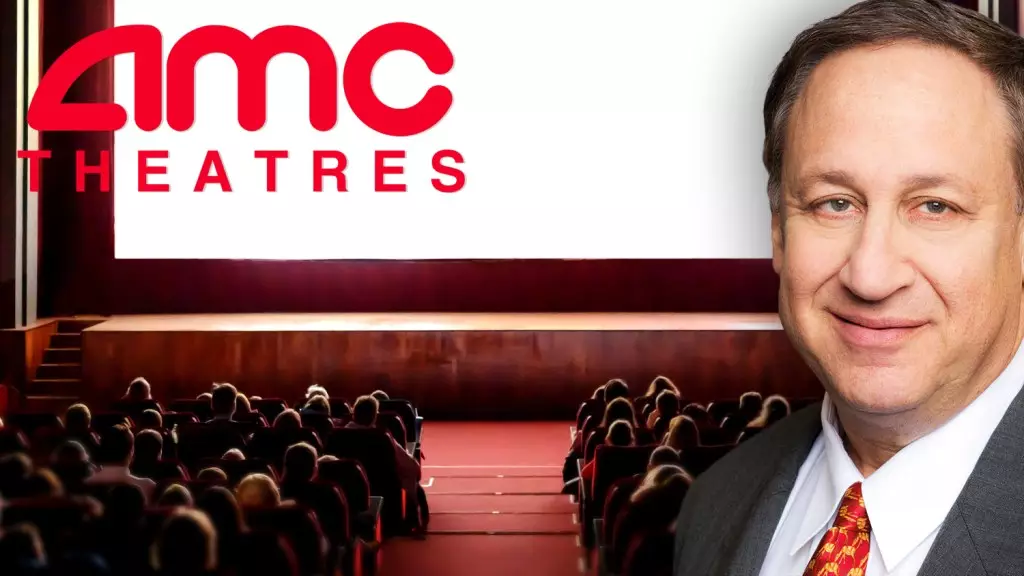In a significant achievement for the cinema industry, AMC Theatres reported remarkable attendance numbers during the recent Thanksgiving weekend, welcoming an outstanding 8.8 million patrons globally from Wednesday to Sunday. This historic attendance surge is largely attributed to the release of high-profile films, including Disney’s “Moana 2,” Universal’s “Wicked,” and Paramount’s “Gladiator II.” Such impressive figures not only demonstrate the strength of these blockbusters but also the enduring allure of the theatrical experience, especially during a festive week traditionally marked by family gatherings and celebrations.
The surge in attendance translated into an extraordinary financial performance for AMC, with both admissions and concessions revenue reaching unprecedented heights. According to industry tracking service Comscore, the five-day holiday period in the U.S. and Canada generated a staggering $420 million—surpassing the previous Thanksgiving record of $315.6 million set in 2018. AMC’s success highlights a robust recovery trajectory for theaters post-pandemic, as audiences flock back to enjoy the unique communal experience cinemas provide.
Among various milestones, Friday, November 29 stood out as AMC’s second-highest revenue day ever, falling just behind the opening weekend of “Avengers: Endgame” in April 2019. That particular Friday witnessed the highest attendance figure for Black Friday in AMC’s history, marking it as the second busiest Friday overall. In addition, Thanksgiving Day, November 28, was recorded as the most active Thanksgiving in AMC history in terms of admissions and overall revenue. Such milestones are indicative of a strong market demand and a rejuvenated audience’s desire to engage with cinema.
AMC’s Chairman and CEO, Adam Aron, expressed exuberance about the record-breaking Thanksgiving period, where the theater chain successfully engaged movie lovers both domestically and internationally. He commended Disney for “Moana 2’s” success, alongside other collaborative efforts with Universal and Paramount, emphasizing the combined contribution of blockbuster films in invigorating box office revenues. Aron noted that across the board, a diverse range of films, encompassing various genres and budgets, attracted sizable crowds, underlining the industry’s overall vitality.
Despite the triumph, AMC faced some operational challenges, particularly high online traffic on Black Friday, which led to a 13-minute delay for ticket purchases on their website. However, the swift resolution of this backlog speaks to the effectiveness of their operational strategies and underscores the solid demand for tickets as audiences eagerly sought to engage with cinematic experiences.
The achievements of AMC during this holiday period signify a rejuvenation of the cinema-going experience, hinting at a promising future for theaters. As moviegoers increasingly return to cinemas, bolstered by exciting theatrical releases, theaters may continue to thrive. The collective success not only serves as good news for AMC and its shareholders but also points to a broader renewal of interest in the film industry, making this Thanksgiving weekend one to remember in cinematic history.

